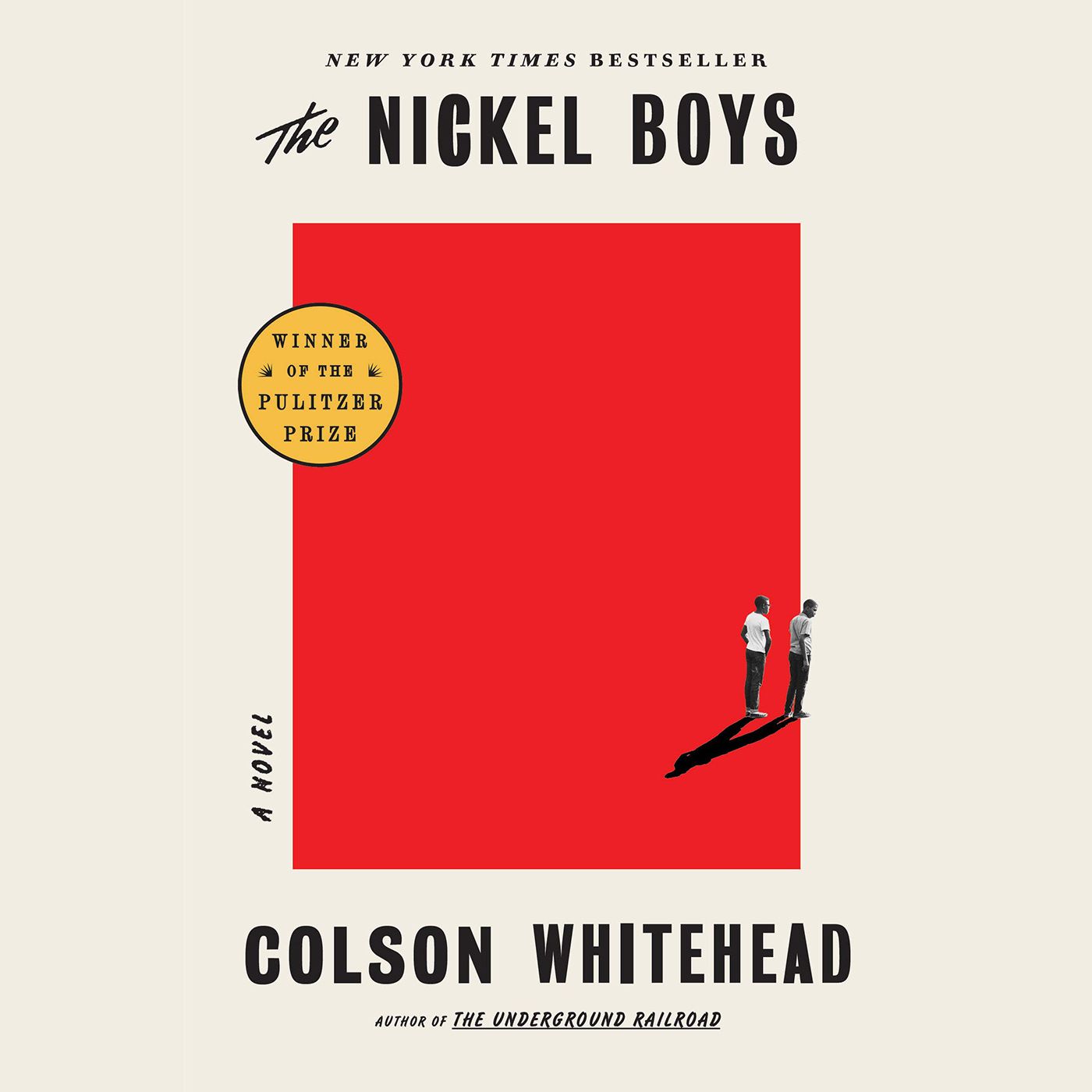
The Nickel Boys by Colson Whitehead
This novel won the 2020 Pulitzer Prize for fiction as well as the Kirkus Prize for fiction and the National Book Award for fiction. I approach these type of novels with long lists of accolades like this with trepidation, mostly because I’ve found I haven’t really enjoyed most of them. The same could be said for recent Oscar winning Best Picture movies (I’m looking at you, Green Book) or Grammy winning best albums of the year (I’m glaring at you, Morning Phase by Beck). With the exception of The Amazing Adventures of Kavalier & Clay, I haven’t enjoyed many of the recent Pulitzer Prize winners for fiction. They have left me wanting. Until now. The Nickel Boys is fantastic and well-deserves the Pulitzer Prize for fiction. With wide, impressionistic swathes, it paints a harrowing picture of a racist boys institution in Florida during the early to mid-twentieth century, and it does a masterful job in an efficient 200 pages.
Judges of the Pulitzer Prize called the novel "a spare and devastating exploration of abuse at a reform school in Jim Crow-era Florida that is ultimately a powerful tale of human perseverance, dignity and redemption." It tells the story of Elwood Curtis, a smart, quiet, and inquisitive Black boy from Tallahassee, Florida, the kind of boy who would read encyclopedias for fun, if he owned a set. But he is also naïve and too easy-going. On his way to college, he hitchhikes in the wrong car, and is sentenced to Nickel Academy for being in a stolen car. There, he befriends a boy named Turner, and their hellish life at the racist school is revealed. Elwood and Turner are very different but ultimately very similar, too, as we learn throughout the book. By the end, you will wonder how they even got that far. Nickel Academy is Hell on Earth.
Whitehead has a marvelously observant eye, as seen here when he introduces Elwood’s boss at a local tobacco shop. “Mr. Marconi left his perch by the register as seldom as possible. Squat and perspiring, with a low pompadour and a thin black mustache, he was inevitably disheveled by evening. The atmosphere at the front of the store was stringent with his hair tonic and he left an aromatic trail on hot afternoons. From his chair, Mr. Marconi observed Elwood grow older and lean toward the sun, veering away from the neighborhood boys…” Ever so keen on details, Whitehead also shows restraint at other times, giving sparse but descriptive details, allowing the reader’s imagination to fill in some of the horrific events without bogging the reader down in the ugly details. If you’re in Hell, what’s the point of describing the details of window dressings?? Whitehead can paint a detailed picture with few strokes. Genius.
Whitehead describes Elwood’s observations of racism at Nickel as “an indiscriminate spite, not a higher plan.” And that there makes the hellish abuse of Nickel crueler and ever more undeserving to a smart boy like Elwood. He still tries to find the joy in speeches by Martin Luther King, Jr. and hopes to find the deliverance of King’s promise. But his friend Turner thinks the best thing to do is avoid evil like an obstacle course. What’s the best course of action?
There is no better time than now to read The Nickel Boys, a magnificent novel that begs you to stare at the ugliness of racism and demands an empathetic response.
I loved this novel and I highly recommend it. I would give this novel 5 stars.
Buy the paperback on Bookshop: https://bookshop.org/a/152/9780345804341
Listen to the audiobook on Libro.FM: http://libro.fm/referral?isbn=9781984891389&rf_code=lfm85040

